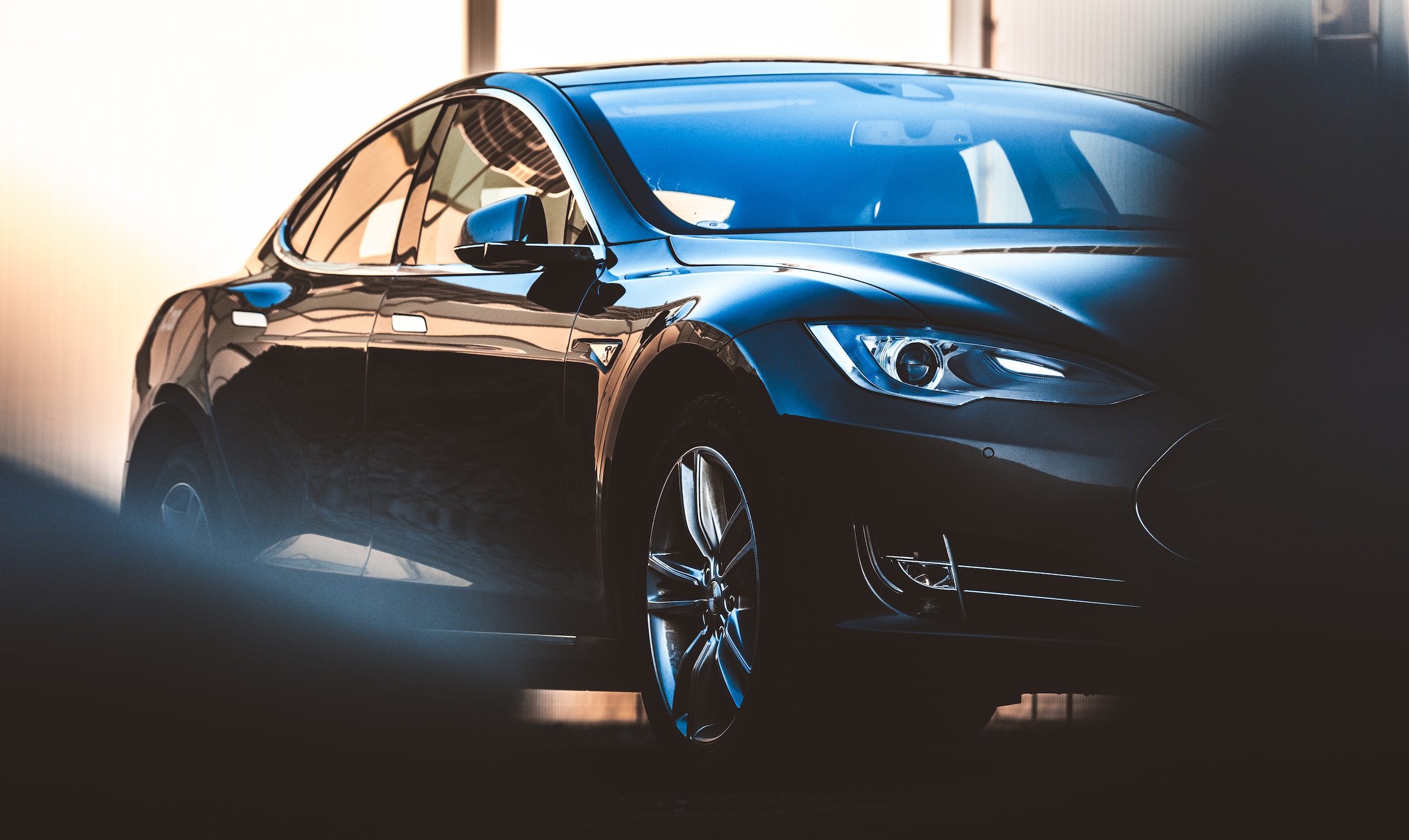Is Motoring Still Sexy?
The auto industry arguably reached its peak in the 1970s. While today most people view it as a necessary evil, previously it was celebrated. Cars had incredible designs (instead of looking like giant bubbles) and the roads were open and free.
Author:Anderson PattersonReviewer:Darren McphersonOct 30, 2023572 Shares143K Views

The auto industry arguably reached its peak in the 1970s. While today most people view it as a necessary evil, previously it was celebrated. Cars had incredible designs (instead of looking like giant bubbles) and the roads were open and free. Just look at the Dodge Charger or the E-Type Jaguar. It was a different era.
Arguably, motoring is no longer sexy. But what forces are driving the shift in perceptions? You’d be surprised.
It’s Universal
In the 1960s, car ownership still wasn’t universal. Vast swathes of the population continued to view motor vehicles as luxury goods. Everyone else walked, cycled, or used the bus.
However, today, that situation no longer applies. Most households own a car, and often two or three.
This shift means the elite no longer see motoring as a luxury activity. Sure, they don’t mind dropping half a million dollars on a vehicle, but that’s more a celebration of status than of motoring itself.
There’s Traffic Congestion
Motoring is also becoming less sexy because of traffic congestion. In the 1970s, the population was only a little over half of what it is today, and many more of those people were children. Now aging and larger populations mean there are more vehicles on the roads than ever before.
The result of this is an avalanche of traffic. Cities are packed to the rafters with cars on weekdays, particularly during rush hour. And it’s not just American cities. Even London with its Underground railway system and Paris with its metro struggle to handle the sheer volume of traffic passing through them.
According to Adam S. Kutcher, a car accident attorneybased in the U.S., the number of vehicles on the road is a risk. He deals with people injured in motor vehicle accidents every day, which certainly takes the shine off driving.
“The people who come to our offices are often shell-shocked by their experiences,” he says. “Driving seems completely normal to most people until they get into an accident. Then, the reality hits, and the dangers become far more apparent. When a crash occurs, it breaks the illusion that driving is a safe activity. We see evidence every day that it’s not.”
The Shift To Autonomous Vehicles
The shift to autonomous vehicles is also having an effect on motoring perceptions. Self-driving cars are safe but they don’t leave any room for a human driver. Like all automated systems, they quickly meld into the background of life, not attracting much attention.
Historically, it was the human element in driving that made it sexy. Drivers had to control their vehicles, requiring significant skill to do so. With the rise of robot vehicles, that appeal will go away.
The Effect Of The Pandemic
The pandemic also likely had a significant effect on motoring’s appeal. In 2019, most people drove to work and their vehicle was a sort of status symbol.
That changed, though, once individuals began working from home. The car ceased to be a necessary expense and many people gave up their vehicles entirely, using ridesharing services instead if they needed to get around.
For many, having someone else chauffeur them to a destination was preferable to doing it themselves.
The Rising Cost Of Ownership
The rising cost of ownership is another factor working against motoring. The cost of maintenance, insurance, and parking fees is rising steadily. Taken together, the real cost of driving (when you subtract inflation) is probably higher than it has ever been.
Again, these rising costs are incentivizing drivers to seek alternatives to conventional car ownership. Many are abandoning their vehicles and using e-bikes or scooters instead.
Environmental Concerns
The big kahuna are the environmental concerns, though. Drivers are worried about the impact driving a vehicle will have on the climate and other people’s health. Eco-conscious individuals don’t want to contribute to out-of-control climate change and regional climatic events that fall outside of historical norms.
Even electric vehicles are receiving criticism. Many individuals see them as having just as bad an effect on the natural world, if not worse. These cars embody more CO2 in their initial production, meaning many must travel over 200,000 miles before gaining a carbon advantage over traditional combustion engines.
Finally, many people worry about the disposal of motor vehicles, particularly those containing complex chemical batteries. Rare earth elements in cells won’t break downand could potentially harm the water supply for future generations and animals already in ecosystems.
Rising Fuel Costs
Another big reason motoring is no longer as sexy as it was is rising fuel costs. Drivers are paying more than ever for the privilege of driving their vehicles, thanks to taxes, supply chain issues, and geopolitical events.
Unfortunately, the cost of fuel is likely to rise, regardless of whether drivers own an electric or conventional internal combustion engine vehicle. The prices of all fossil fuels are likely to rise, making energy overall more expensive. Charging a vehicle using energy generated by a natural gas power plant will inevitably cost more as the energy cost of extraction rises in the near future.
Changing Transport Preferences
Changing transport preferences are also having an impact. People are getting out of their cars and using other methods to get from A to B.
For example, the current shift is towards ride-sharing services, bicycles, and scooters in urban locations. Many individuals are simply converting their bikes into e-bikes to give them an extra boost while commuting to the office.
Changing transport preferences are most apparent among the youngest generations. Those just entering the labor market are learning how to drive in lower numbers than at any time in recent history, suggesting that the era of universal car ownership might be coming to an end.
Technological Advances Elsewhere
Technology advances elsewhere are also having a negative effect on motoring’s appeal. Cars seem old-school compared to graphics cards, blockchain, artificial intelligence, and robotics. The excitement is just elsewhere these days.
What’s more, if the automotive industry does do anything innovative, it is usually because of technological breakthroughs in the tech sector, not because of home-grown innovations.

Anderson Patterson
Author
Anderson Patterson, a tech enthusiast with a degree in Computer Science from Stanford University, has over 5 years of experience in this industry.
Anderson's articles are known for their informative style, providing insights into the latest tech trends, scientific discoveries, and entertainment news.
Anderson Patterson's hobbies include exploring Crypto, photography, hiking, and reading.
Anderson Patterson's hobbies include exploring Crypto, photography, hiking, and reading.
In the Crypto niche, Anderson actively researches and analyzes cryptocurrency trends, writes informative articles about blockchain technology, and engages with different communities to stay updated on the latest developments and opportunities.

Darren Mcpherson
Reviewer
Darren Mcpherson brings over 9 years of experience in politics, business, investing, and banking to his writing. He holds degrees in Economics from Harvard University and Political Science from Stanford University, with certifications in Financial Management.
Renowned for his insightful analyses and strategic awareness, Darren has contributed to reputable publications and served in advisory roles for influential entities.
Outside the boardroom, Darren enjoys playing chess, collecting rare books, attending technology conferences, and mentoring young professionals.
His dedication to excellence and understanding of global finance and governance make him a trusted and authoritative voice in his field.
Latest Articles
Popular Articles
